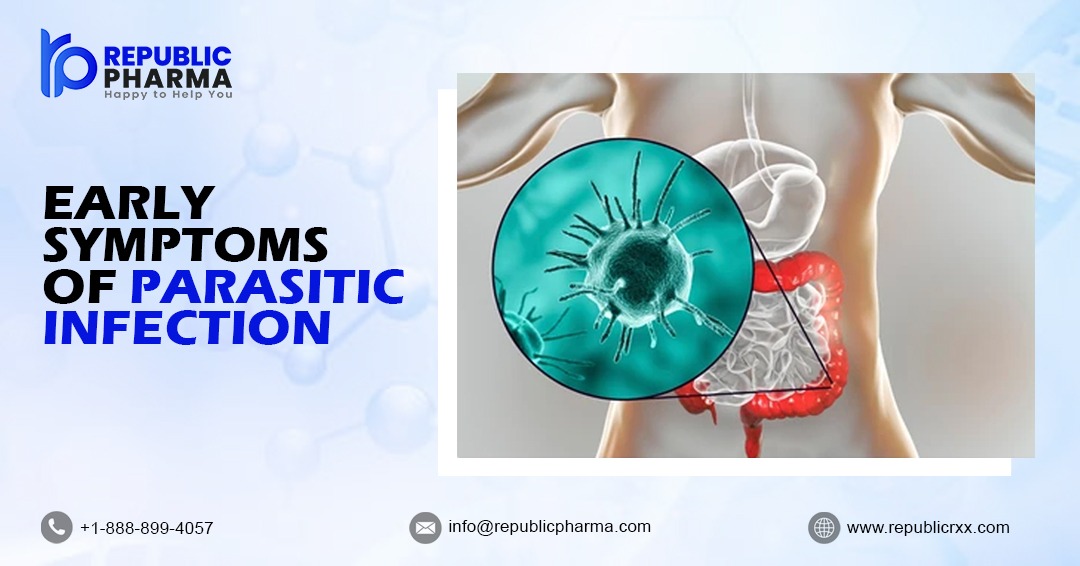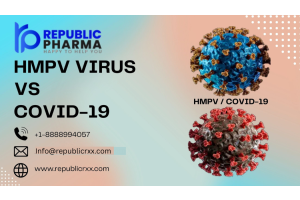Parasitic Infection

Parasitic infections are caused by organisms that live on or within a host organism, drawing nutrients at the host's expense. These parasites can range from microscopic entities like protozoa to larger organisms like worms. Understanding the nature and impact of these infections is crucial for effective prevention and treatment.
What is Parasitic Infection?
A parasitic infection occurs when a parasite invades the body, leading to various health issues. Parasites can reside in different parts in the body, including the gastrointestinal tract, blood, and tissues. The relationship between the parasite and host is usually detrimental, as the parasite’s survival often requires harming its host.
Early Symptoms of Parasitic Infection
The early symptoms of a parasitic infection can be quite varied and often overlap with other illnesses.
Common symptoms include:
- Fatigue: Unexplained tiredness may signal a parasitic presence.
- Diarrhea: Frequent, watery stools can indicate gastrointestinal parasites.
- Abdominal Pain: Cramping and discomfort are common complaints
- Nausea/Vomiting: Feeling ill or losing appetite are potential red flags.
- Fever: A rise in body temperature can occur as the body attempts to fight off the infection.
- Weight Loss: Unintentional weight loss may be a sign of nutrient absorption issues caused by the parasite.
Causes of Parasitic Infection
Parasitic infections are typically spread through various means, including:
Contaminated Food and Water: Consuming undercooked food or unfiltered water can introduce parasites into the digestive system.
Poor Hygiene: Insufficient handwashing or sanitation can facilitate the spread of parasites. Insect Bites: Certain parasites are transmitted by insects, such as mosquitoes.
Animal Contact: Close interaction with infected pets or livestock can lead to transmission.
How Parasitic Infection Can Be Treated?
Treatment for parasitic infections varies based on the type of parasite involved. Common medications include: -
- Metronidazole: Effective for treating protozoan infections like Giardiasis.
- Albendazole: Used to treat various worm infections, including roundworms and tapeworms.
- Ivermectin: Often prescribed for infections caused by filarial worms and some ectoparasites.
- Nitazoxanide: Useful for treating infections caused by protozoa, such as Cryptosporidium.
Consulting with a healthcare provider is essential to determine the appropriate treatment based on the specific infection and overall health of the individual.
Steps to Prevent Parasitic Infection
Preventing parasitic infections involves adopting good hygiene and safety practices, such as: -
- Washing Hands: Regular and thorough handwashing, especially before meals and after using the bathroom.
- Safe Food Preparation: Cooking meats to safe temperatures, washing fruits and vegetables, and avoiding unpasteurized dairy products.
- Drinking Clean Water: Using filtered or boiled water to reduce the risk of waterborne parasites.
- Use of Insect Repellent: Applying repellent when outdoors, especially in regions known for insect-borne parasites.
- Regular Pet Check-ups: Keeping pets healthy and treated for parasites can prevent transmission to humans.
Conclusion
Awareness and prevention are key to managing parasitic infections effectively. By understanding the causes, recognizing early symptoms, and following preventative measures, individuals can significantly reduce their risk of infection. Should symptoms arise, seeking timely medical advice can ensure proper treatment and a swift return to health. Protecting yourself and your loved ones against parasitic infections is essential for overall well-being.





